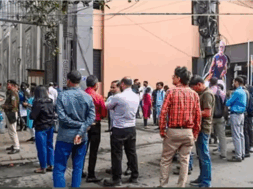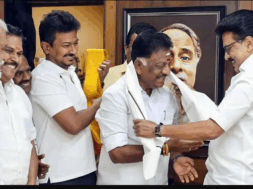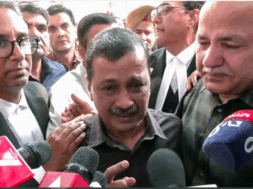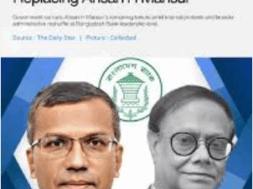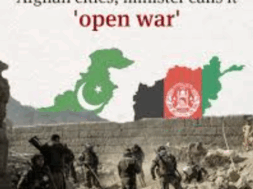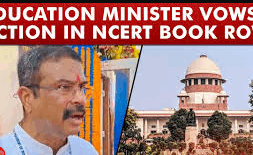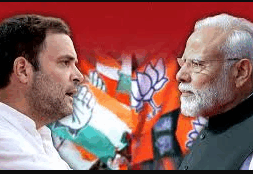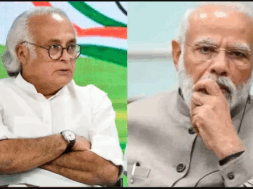
Power: Vladimir Putin, 71, takes oath a fifth time as Russia’s President
Virendra Pandit
New Delhi: In 2024, half the world is witnessing elections to get their next leaders into the seat of power.
Even dictators love to call themselves democrats! Last year, China’s Xi Jinping, in power since 2013, was elected for a third term, becoming almost the ‘President-for-Life. His country claims to be the “largest democracy in the world.”
Vladimir Putin, 71, in power first as Russia’s Prime Minister and then as President, is no exception. He took oath on Tuesday to again helm the country currently engaged in a fierce war against Ukraine since February 2022.
It was a foregone mandate. In March, he won a ‘landslide victory’ in a tightly controlled election from which two anti-war candidates were barred on ‘technical’ grounds.
His top critic, Alexei Navalny, died suddenly in an Arctic penal colony a month earlier, and other leading critics are either in jail or have been forced to flee abroad.
According to the media reports, President Vladimir Putin was sworn in for a new six-year term on Tuesday at a Kremlin ceremony—boycotted by the United States and other Western countries—at which he said he was potentially open to nuclear talks with the West.
He began his new mandate when Russian forces regained the initiative after a series of reversals and are seeking to advance further in the east.
Putin dominates the domestic political landscape. On the international stage, he is locked in a confrontation with Western countries he accuses of using Ukraine as a vehicle to expand NATO and try to defeat and dismember Russia. But he cannot travel to many countries, given the International Criminal Court (ICC) issuing a warrant against him in the Ukraine case in 2023.
After taking oath, he told Russia’s political elite that he was not shutting down dialogue with the West but that it would have to make its own choice about how to engage with his country.
He said talks on strategic nuclear stability with the West were also possible, but only on equal terms.
“We are a united and great people and together we will overcome all obstacles, we will bring to life everything we have planned. Together we will be victorious,” Putin said.
The United States, which said it did not consider Putin’s re-election free and fair, stayed away from Tuesday’s inauguration ceremony.
Britain, Canada, and most European Union nations also decided to boycott the swearing-in, but France said it would send its ambassador.
Ukraine said the event sought to create “the illusion of legality for the nearly lifelong stay in power of a person who has turned the Russian Federation into an aggressor state and the ruling regime into a dictatorship.”
The media quoted Sergei Chemezov, a close Putin ally, as saying that Putin brought stability, something which even his critics should welcome.
“For Russia, this is the continuation of our path, this is stability – you can ask any citizen on the street,” he said.
“President Putin was re-elected and will continue the path, although the West probably doesn’t like it. But they will understand that Putin is stability for Russia rather than some sort of new person who came with new policies – either cooperation or confrontation.”
Russia’s relations with the United States and its allies are at their lowest point since the Cuban Missile Crisis of 1962 when the world came to the brink of nuclear war.
The West has provided Ukraine with artillery, tanks, and long-range missiles, but NATO troops have not joined the conflict directly, something that both Putin and President Joe Biden have warned could lead to a Third World War.
Underscoring the rise in nuclear tensions, Russia said on Monday it would practice the deployment of tactical nuclear weapons as part of a military exercise, after what it said were threats from France, Britain, and the United States.
“We hope that this event will cool down the ‘hotheads’ in Western capitals,” the Russian Foreign Ministry said.
One of the decisions awaiting Putin in his new term will be whether to seek to renew or replace the last remaining treaty that limits Russian and US strategic nuclear warheads. The New START agreement is due to expire in 2026.
Now, President Putin will appoint a successor to Prime Minister Mikhail Mishustin who resigned at the start of the new presidential term.

